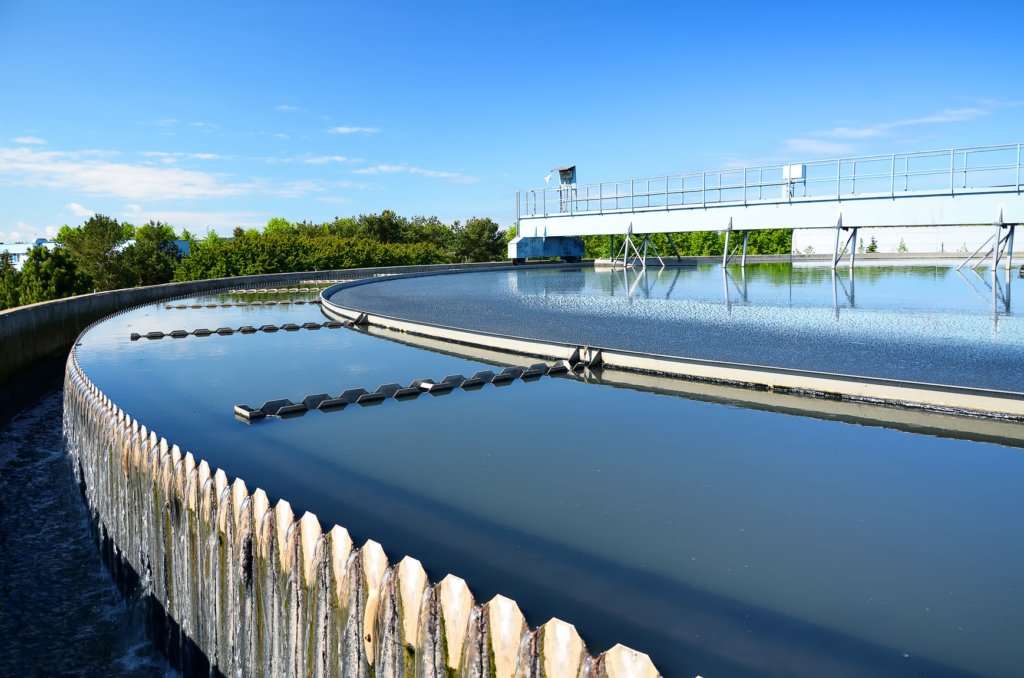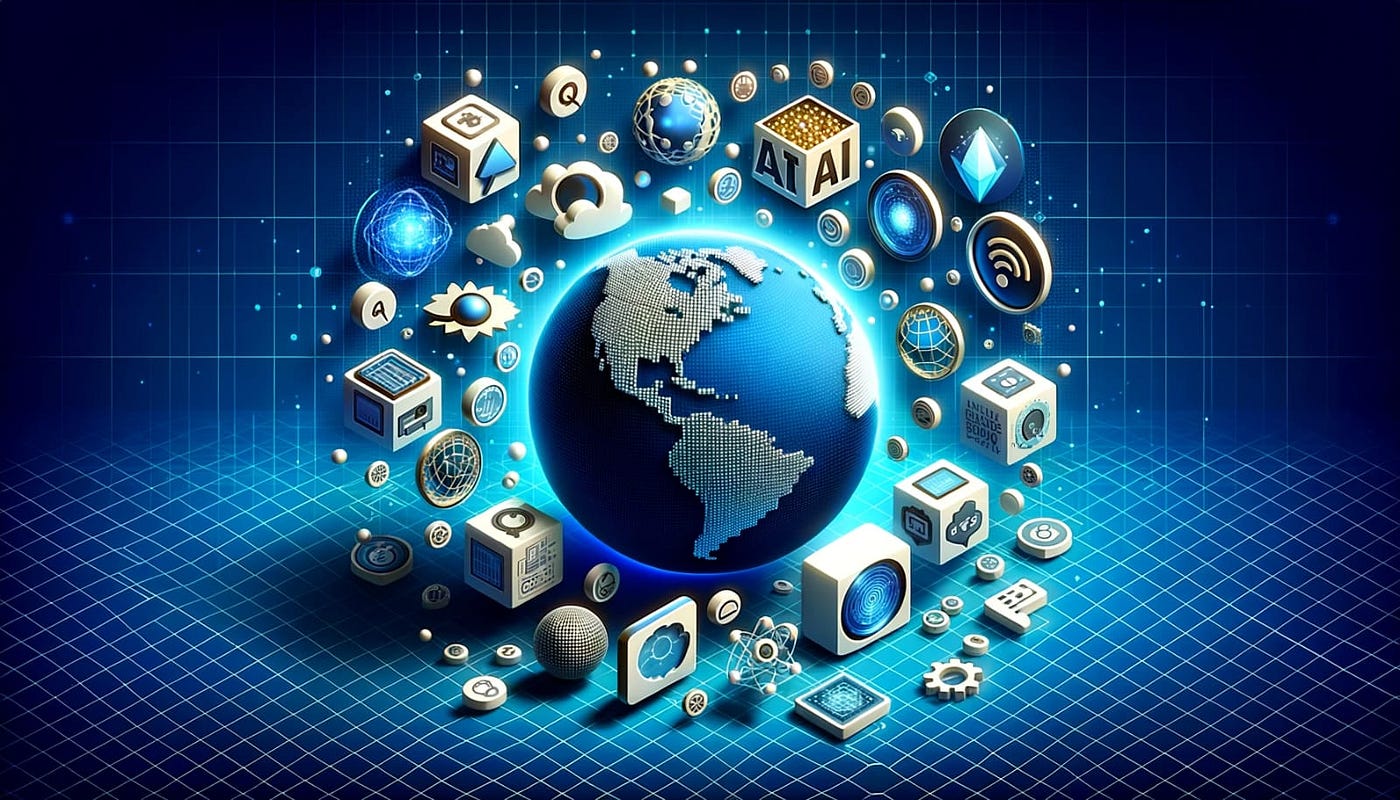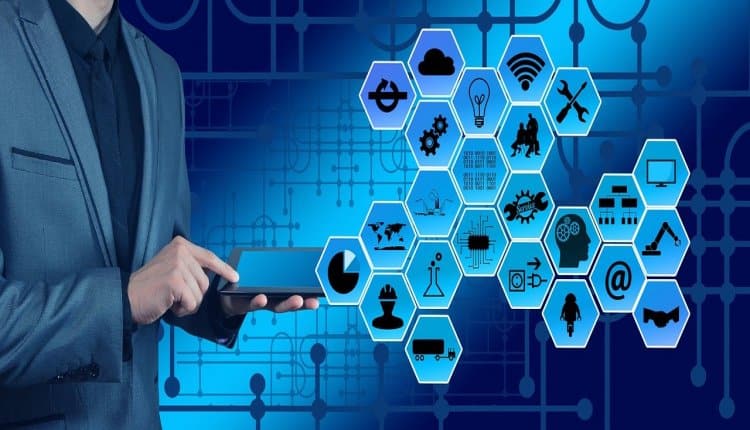In an increasingly interconnected world, technology plays a crucial role in tackling the most pressing global challenges. From climate change and healthcare crises to poverty and food security, technological innovations have the potential to offer sustainable solutions to the world’s most significant problems. In this article, we explore how technology is being leveraged to address global challenges and create a better future for all.
1. Technology and Climate Change Mitigation
One of the most urgent global challenges is climate change. Technology has been at the forefront of efforts to mitigate its effects. Renewable energy sources such as solar, wind, and geothermal power, alongside advancements in energy storage, are helping reduce dependence on fossil fuels. Smart grids and energy-efficient technologies are also making it easier to manage and reduce energy consumption.
2. Advancements in Clean Energy
Technological innovations in clean energy are key to combating climate change. Solar panels, wind turbines, and electric vehicles (EVs) are now more efficient and cost-effective than ever before. These technologies are reducing carbon emissions and promoting a shift toward sustainable energy systems globally.
3. Artificial Intelligence for Problem Solving
Artificial intelligence (AI) is being used to solve complex global challenges. From improving disaster response and predicting disease outbreaks to optimizing resource allocation in crisis situations, AI can process vast amounts of data and provide actionable insights. In agriculture, AI helps improve crop yields, detect diseases, and reduce waste.
4. Technology in Healthcare
Healthcare is another area where technology is making a significant impact. Innovations in telemedicine, wearable health devices, and AI-powered diagnostic tools are transforming the way healthcare services are delivered. These technologies increase accessibility, reduce costs, and improve health outcomes, especially in underserved regions.
5. Water Purification and Management

Access to clean water is a critical global challenge, particularly in developing regions. Technologies like water filtration systems, desalination, and efficient irrigation techniques are helping address water scarcity. Moreover, AI and IoT (Internet of Things) are enabling smarter water management systems, optimizing water usage and reducing waste.
6. Technology in Education
Education is a fundamental solution to many global challenges, and technology is revolutionizing how education is delivered. E-learning platforms, virtual classrooms, and mobile apps are increasing access to education, particularly in remote or underserved areas. These tools help bridge the education gap and provide opportunities for lifelong learning.
7. Blockchain for Transparency and Trust
Blockchain technology has the potential to increase transparency and reduce corruption in industries like finance, supply chain, and governance. By providing an immutable, decentralized ledger, blockchain ensures data integrity and can enhance trust in systems, particularly in developing economies.
8. Internet of Things (IoT) in Smart Cities
IoT is playing a pivotal role in the development of smart cities. By connecting devices, sensors, and infrastructure, IoT enables more efficient management of urban systems such as traffic, energy, and waste management. These technologies help reduce resource consumption, improve living conditions, and create sustainable urban environments.
9. Technology in Disaster Response
Natural disasters such as earthquakes, hurricanes, and floods pose significant global challenges. Technology is enhancing disaster response efforts through early warning systems, satellite imagery, drones, and AI-powered predictions. These technologies help authorities respond faster and more effectively, saving lives and minimizing damage.
10. Sustainable Agriculture
With a growing global population, food security is a pressing challenge. Technologies such as precision agriculture, drones, and genetic engineering are helping farmers increase crop yields while reducing environmental impact. Sustainable farming practices powered by technology are key to feeding the world in the face of climate change and population growth.
11. Fighting Global Hunger with Technology
Technology is playing an important role in the fight against global hunger. Innovations in food production, distribution, and storage are reducing food waste and improving food security. Mobile apps and platforms that connect farmers to markets and suppliers are helping small-scale farmers increase their incomes and improve local food systems.
12. Social Innovation through Technology
Technology is enabling social innovation in various sectors. Digital platforms are fostering social entrepreneurship, creating job opportunities, and facilitating charitable initiatives. Crowdfunding platforms, online giving, and social media campaigns are helping address issues such as poverty, inequality, and access to basic services.
13. Digital Inclusion for Developing Economies
Technology can bridge the digital divide and promote inclusion in developing economies. Access to the internet, mobile phones, and digital tools helps create economic opportunities and empower individuals. Digital literacy programs are helping communities improve their skills and gain access to new markets.
14. Technology in Global Governance
Technology is also transforming global governance and international cooperation. Digital platforms enable faster communication, data sharing, and decision-making in international organizations. Technology supports efforts to coordinate global initiatives on issues such as climate change, public health, and sustainable development.
15. Cybersecurity and Global Stability
In an increasingly digital world, cybersecurity is crucial to maintaining global stability. Innovations in cybersecurity technology, such as AI-driven threat detection, are helping protect national security, businesses, and individuals from cyberattacks. Ensuring secure digital infrastructures is essential for addressing global challenges in the 21st century.
Read Also :-http://What Role Does Artificial Intelligence Play in the Evolution of Technology?
Conclusion
Technology has the potential to play a transformative role in addressing the world’s most pressing challenges. From combatting climate change and promoting sustainable agriculture to improving healthcare access and education, technological advancements are creating innovative solutions. By harnessing the power of technology responsibly and ethically, we can work together to build a more sustainable, equitable, and prosperous future for everyone.





